Mr. Tako recently wrote a great article called Those Special Snowflakes. He asked whether early retirees like Mr. 1500, Root of Good, Millennial Revolution, Mr. Money Mustache, Go Curry Cracker, Jim Collins, and he himself are special snowflakes in society.
He then stated that these early retirees are not special.
The beauty of the whole financial independence movement is that they’re NOT special snowflakes. These are regular guys (and gals) who “made it” without any special abilities or superior investing skills.
Upon further analysis, Mr. Tako believes the secret of accumulating a large sum of money, having high net worth, and being able to reach financial independence/retire early comes down to efficiency.
Strive for high efficiency
I am not an early retiree (yet) but I did do some pretty weird things to save tons of money in my 20’s. Due to low income while working in Germany as a Co-op student, I was forced to learn how to survive and travel all over Europe on an extreme budget. With an engineering background, I absolutely love trying to figure out how to be as efficient as possible.
Fast forward by 10 years or so. Now married and a dad to 2 kids, I still strive for high efficiency. This is an on-going effort that Mrs. T and I continuously work on together.
How do we strive for high efficiency? Here are a few ways.
- Air dry clothes – Since air dry clothes feel a bit “crispy”, we typically put cloth diapers and towels in the dryer and run it on medium/low temperature for 5 minutes.
- Using mostly LED lights at home.
- Keeping thermostat at lower temperature during winter. Turn the heat down when we are out or sleeping.
- Reduce water consumption – If it’s yellow, let it mellow. If it’s brown, flush it down. Yea, it’s maybe not for everyone.
- Drive at constant speeds, avoid sudden accelerations, coast to stops.
- Walk to places whenever possible.
- Shop around for house and car insurance.
As you can see, majority of these are about doing various little things to reduce our energy consumption. Because lowering your energy consumption can prevent catastrophic disruptions of life on earth.
Consumption Data Analysis
We try to reduce our energy consumption whenever possible. How efficient are we compared to the average household? Thanks to BC Hydro’s comparison tool, we can compare our electricity usage with similar homes nearby with the same heating type.
Note: our home is ~2800 sqft has central heating for the 1st floor and baseboard heating for the 2nd floor.
I don’t know how realistic the “nearby” home data are. If the data are realistic, then we are certainly using way less electricity than our neighbors.
Since we use natural gas for stove, water, and central heating, what’s our natural gas consumption rate?
Unfortunately, Fortis BC does not offer a “similar” homes comparison option so we cannot compare our consumption with our neighbours. I can only assume that our natural gas consumption is lower than the average household in BC.
We have also been increasing efficiency when it comes to car fuel consumption. Below are our car fuel consumption numbers since gotten our Volkswagen Passat at beginning of 2016.
According to Volkswagen’s website, Passat has a gas mileage of 9.41 L/100km or 25 MPG in city and 6.5 L/100km or 36 on highway. So we have been quite efficient when it comes to fuel consumption.
Do you have any energy consumption data you can share? I would love to hear about your experience.
Efficient Asset Builders
By being efficient on energy consumption, we have been able to save quite a bit of money over the past few years. The savings can then be used for purchasing assets to increase our net worth.
This is exactly what Mr. Tako mentioned in his post – that early retirees are efficient asset builders. Although we are not quite financially independent yet, we did manage to increase our net worth by 250% in 5 years and grew our net worth by 34.4% in 2016. We just need to continue to grow our net worth in the foreseeable future.
Our net worth numbers are skewed a bit by the hot Vancouver real estate market. But if we exclude our housing value and only look at liquid assets, our liquid assets grew by 29.4% in 2016.
Considering that we are a one income family with kids, I think we can pat ourselves on the back as efficient asset builders. Can we do better? Probably, we certainly can cut back on certain expenses to save even more money. But as I stated many times on this blog, it is not about deploying an extreme saving strategy and end up depriving ourselves. It is about finding the right personal balance between saving and enjoying life today. This is exactly what we are practicing on a daily basis.
While we have used a spreadsheet to track our net worth, I have been using Wealthica more and more to monitor our net worth and portfolio value. I’ve found Wealthica to be a great tool to use.
Average Net Worth
What should the average net worth at different stages of people’s lives? To understand this, we need to look at data from a few different sources.
According to the Globe and Mail, the net worth milestones for the average Canadian are as below.
Meanwhile, in MoneySense’s All Canadian Wealth Test, net worth by age was broken by unattached individuals and families of two or more.
Without disclosing any specific numbers, our net worth is higher than the average 35-year-old Canadian specified by the Globe and Mail and MoneySense. This shouldn’t come as a surprise thought, since data above are for the average Canadians. For someone that is aiming to achieve financial independence, the net worth milestones will be quite different.
How different? Let’s take a look at the extreme case. Sam at Financial Samurai came up with the top 1% net worth breakdown by age.
Sam has also provided numbers for media net worth of families by age in America, which I believe are more realistic (as most of us aren’t the 1% in society).
So by age 35, someone that is aiming for financial independence should have between $100,000 and $1,000,000 in net worth. For sake of simplicity, let’s ignore the USD and CAD exchange rate.
Your level of income definitely comes into play when we talk about net worth. However, having a high income does not automatically mean a high net worth. If you spend most of your income, you will never manage to build up significant amount of net worth. This is why it is so important to have a relatively high savings rate. The bigger the delta between your income and your expenses is, the faster you can achieve financial independence.
Simple right?
Final Thoughts
The key, regardless of your income, is to build your asset empire. Purchasing appreciating assets and not depreciating assets. For most of the early retirees mentioned at beginning of this post, they hold a large portion of appreciating assets like real estate and stocks. Although most of these early retirees are withdrawing from their portfolio, their net worth have actually been increasing during the long bull market run.
Why?
Simply because they are holding appreciating assets rather than depreciating assets.
So next time you are debating whether to purchase something of significant value, ask yourself, is it an appreciating asset or a depreciating asset?
If it’s a depreciating asset, 99.9% of the time you should probably just forget it and keep your money.
How to build high net worth? It’s pretty simple actually – strive for high financial efficiency and build your asset empire.
Simple in concept but certainly more challenging to do in real life.
But if you are reading this post, I believe you can achieve it.
What your mind can conceive and believe, your body can achieve.


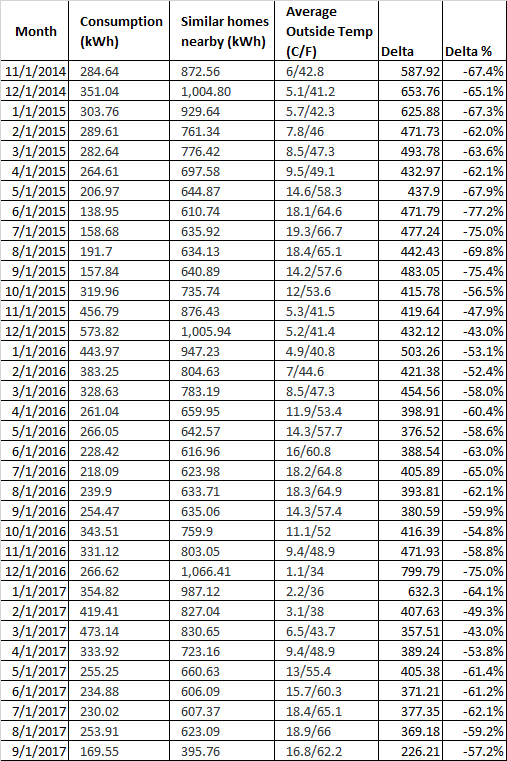
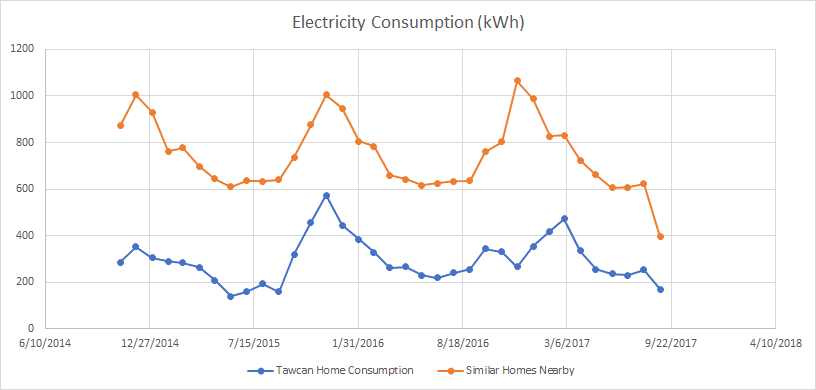
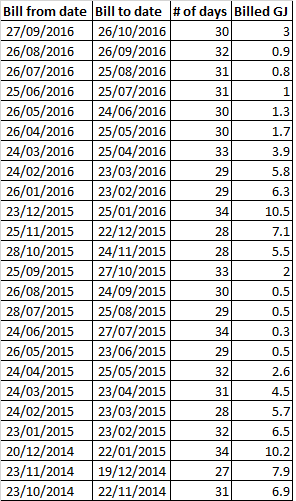
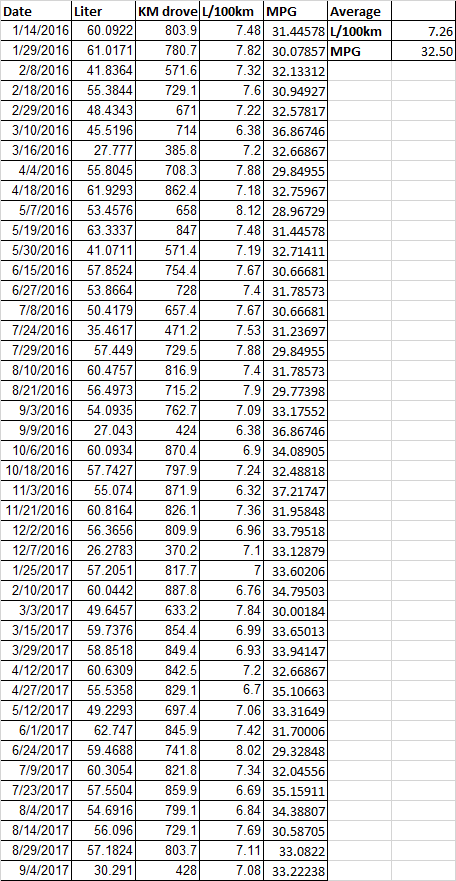
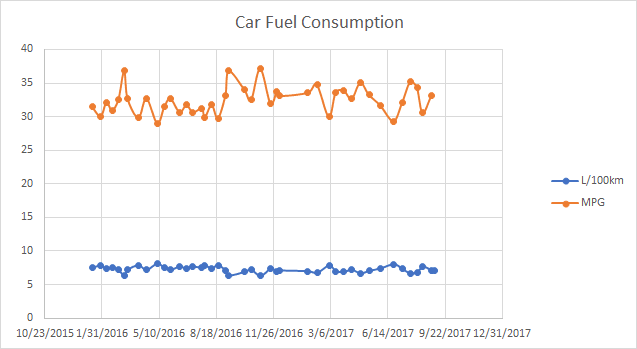
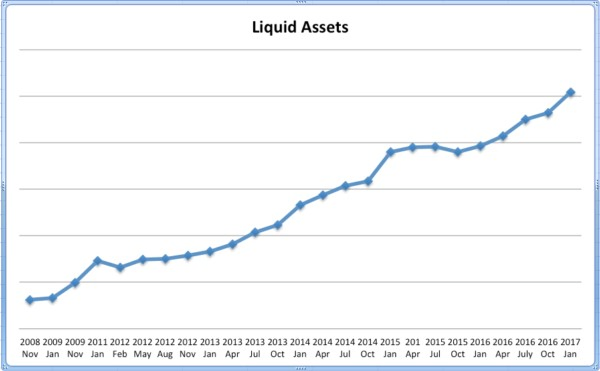
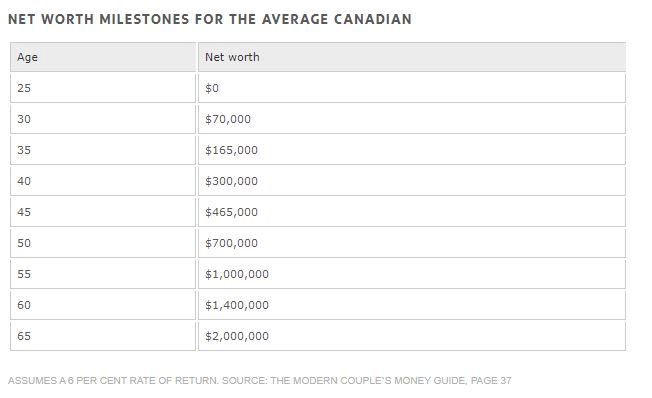
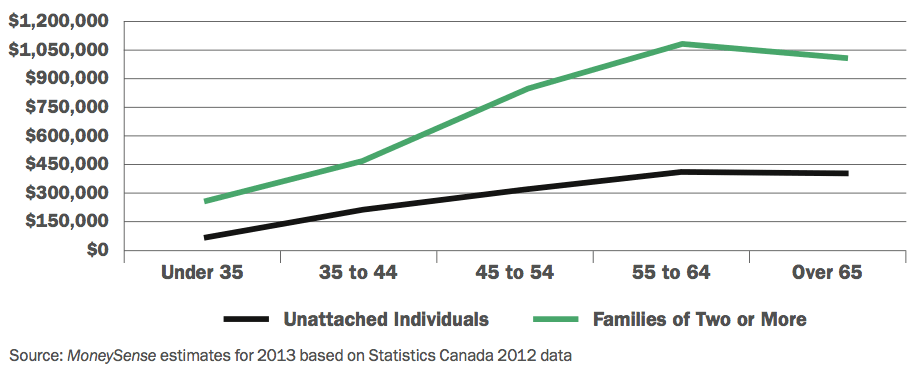

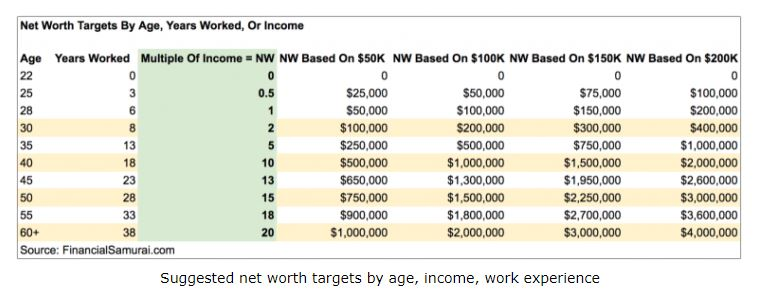
“Without disclosing any specific numbers, our net worth is higher than the average 35-year-old Canadian specified by the Globe and Mail and MoneySense. This shouldn’t come as a surprise thought, since data above are for the average Canadians. For someone that is aiming to achieve financial independence, the net worth milestones will be quite different.”
Keep the pedal down my friend. Good work 🙂
Mark
Thanks Mark. 🙂
I like effeciancy and frugalness. i air dry my clothes wash dishes by hand. try to do as many repairs as i can to save money. I buy shirts from thrift stores and since pants it was always hard to find i buy those at like Walmart, cheap ones but they last longer generally than the more expensive ones at a farm and garden store. Dont know why that is.
I do still like to spend a little though I eat out with friends and go shooting every so often.
We wash some dishes by hands but not all of them. DIY as much as you can is a great way to be efficient and save money. 🙂
Love the idea of efficiency in savings. I have always been efficient with regards to time and productivity (and continuously work to be moreso), but never really carried that framing over to money. I do think I have been pretty good at being efficient with my money, but I’ll have to take a new look with efficiency in mind. Thanks!
Glad to have gotten you to think efficiency a bit differently.
Tawcan –
I dig it. Also – a tax-efficient strategy is also key, as it opens up for more capital to be deployed into appreciating assets!
On pace for similar NW growth to last year – mid 30%; and the FI Power Ratio is looking to be at or over 100% again. Being efficient without depreciating happiness is key.
-Lanny
Thank Lanny. Yup a tax efficient strategy is definitely the key. You want to pay minimum amount of tax o maximize your return.
Very interesting article. Thanks for sharing all that information. It seems like your driving habits have improved over time too. Well done to you. Keep up the excellent work. Looking forward to updates.
Having a real time fuel consumption display in the car has helped with my driving habits. 🙂
Great post. Here in ontario we get a printout roughly every 3 months comparing our household and sqftage to the neighbours power consumption. We are definally really energy efficient. Its sad tho i talked to a senior who lives a couple doors down by herself and her hydro bill is way higher. Probably because shes home all day and pays the premium hydro rates (daytime uses). Interesting charts we are also higher then our age bracket! A couple years ago we werent though. This community helps a tonne. Cheers!
That’s awesome you are quite energy efficient. I’ve heard that Ontario has pretty crazy hydro rates. I guess it’s good to be a Hydro One share owner.
Thanks for sharing all those numbers, Bob! Great write-up.
I love that you hang dry your clothes. When I was traveling in NZ, that’s all most people do.
It’d be a real eye-opener to see other countries average electricity bills compared to one another.
Thanks Nick. Yea it’s crazy that us North Americans don’t air dry clothes more often and rely mostly on dryers.
Efficiency is a great way to think about wealth building. It’s cost effective to shop at 3 stores for the best price of tater tots but it’s definitely not efficient or smart. You can’t invest that time to building something that can be an asset.
The graph is in Canadian dollars right? Or else there’s definitely something wrong with how Americans save :p
Yes the graph is in Canadian dollars. 🙂
Where the really big savings come in is in the choice of house and car. We just downsized from an expensive city to a cheaper one. My sister (in Canada) did something similar. Sold her place in a bidding war and moved into an unrenovated condo. They now live in a mortgage free. While they have fees it’s a well run building and costs are similar.
When I was looking at a new car I found a great deal but walked away when I got the insurance quote, ouch nearly double what I was paying. Ended up with a gently used one which I got at a great deal!
Downsizing is definitely a good way to be even more efficient. The smaller of the house/car footprint, the high efficiency you can achieve.
Interesting to look at your electricity usage data since I too live in Vancouver. Our usage is much lower but then again so is our footprint. We are also considerably lower than similar homes in the area, especially during winter as we do not use any heating at all. I think I’ll do a similar post analysing our usage in the future as it’s pretty interesting!
That’s great your usage is much lower. If we were to live in a smaller home I’m sure we can be much more efficient.
Solid post here, Bob. We strive for efficiency in a lot of areas (electricity usage, as you do, keeping investing costs low, putting investments in tax efficient vehicles when we can) and something closer to effectiveness in others (low MPG with our car is great, but our focus is more on just not driving that often…MPGs could be higher with a new car and it wouldn’t hit the bottom line much, if we only fill up once a year).
For me, I do think that we in the FIRE community are better seen as outliers rather than average Joe’s who are just more efficient. For one, it’s pretty clear that we earn quite a lot more than average.
Efficiency is part of our secret sauce, sure. But so is the fact that we are typically earning X times more than the average Canadian/American in many cases.
Yup high MPGs are good but it’s even better if you can avoid driving as much as you can. That’s exactly what we try to do. Since we only have 1 car, Mrs. T tries to walk or take bus to places.
We definitely try to be super efficient, but I’ve never thought to look into our electricity usage compared to other households. Our power company doesn’t provide the comparison. But according to one website, it looks like our local area average is 600kWh/month, the national average is 900kWh/month, and our electric bills averages around 300-350kWh/month! I can’t imagine the households that must be using four or five times as much electricity as us to average it out like that! Maybe there are a lot of big, electrically-heated houses out there. We use only gas.
Wow 900 kWh/month? That’s pretty insane. And that’s the national average, so a lot of households are using way more than that.
Wow, thanks for the mention Tawcan! Totally unexpected!
Love the post too! Lots of great data!
Thanks for inspiring me to write a post on efficiency. 🙂